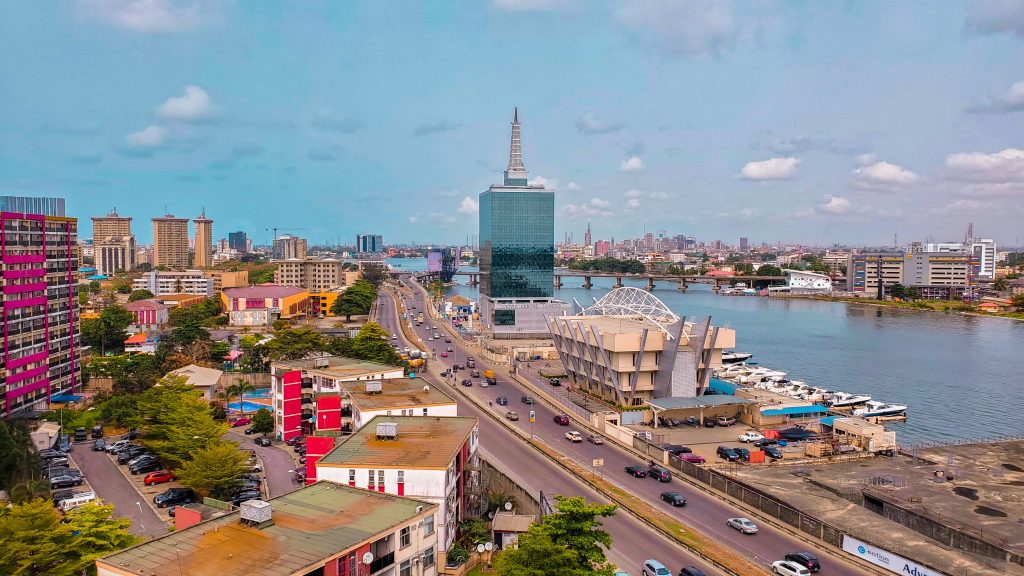Nigeria ranks number one in Africa’s frequency, and intensity of building collapses index. From the years 1974 to 2019, according to data gathered from different government agencies, there have been over 221 instances of building collapses across the country and most of these collapses occurred in the financial hub of Lagos State. Between 2000 and 2021, there were about 167 reported cases in Lagos State.
The breakdown of the building collapses within these 21 years is 78.4% residential buildings, 12.8% commercial buildings, and 8.8% institutional buildings. These collapses have displaced over 6,000 households, with an estimated loss of about $3.2 trillion worth of property.
This article aims to shed light on the provisions of the Real Estate Transactions Law of Lagos State and the innovations to curb building collapses in Lagos.
Innovations of the Real Estate Transactions Law of Lagos State
Before the Lagos Real Estate Transactions Law, the Lagos State Urban and Regional Planning and Development Law (2010) (LSURD) was the sole law providing standards for preventing building collapses in Lagos State.
However, on the 7th of February 2022, the Governor of Lagos state, Babajide Sanwo Olu signed the bill to “Regulate Real Estate Transactions in Lagos State” into law. The law seeks to regulate, sanitise and monitor activities of real estate transactions through LASRERA as well as to conform with global best practices.
This is a welcome development as the novel law provides for Registration with the Lagos State Government by the Real Estate agents which helps to stop the fraudulent activities facing real estate in Lagos State.
The Lagos State Real Estate Transactions Law (the Law) has provisions that deal with the demolition of abandoned buildings and is thus beneficial towards curbing the plague of building collapses as abandoned buildings account for a substantial number of collapsed buildings in the state.
Section 1 of this Law defines an abandoned building as an “Abandoned Building or Structure,” which includes an existing unoccupied building in a state of disrepair that is left in such condition for a period of up to five (5) years or a building that is under construction but on which work has ceased for up to five (5) years.
The Law provides that Lagos State Real Estate Regulatory Authority (the Authority) shall compile a list of all identified abandoned buildings within the State to be forwarded to the relevant Ministry, Department, and Agency of Government (M.D.A.) for necessary action.
The Authority is further empowered to report to the relevant Ministry, Department, and Agency of Government, for demolition, of any building which constitutes a danger to public health and safety. This provision will help mitigate the risk of building collapses that have been a reoccurring tragedy in Lagos State.
Enforcement of Law Key to Reducing Building Collapses
The number of building collapses in Lagos State and Nigeria in general, is a major recurring problem. Even with the presence of adequate laws to curb this issue, collapses continue to occur at a high rate. There are some commendable provisions in the law discussed above, such as the requirement of planning permits before the erection of buildings within Lagos State, the mandatory insurance of any building above two floors, and the authority to demolish abandoned buildings. Still, the relevant agencies need to effectively implement this law for its provisions to be effectively implemented.
Resources
- Boateng, F. Building Collapse in Cities in Ghana: A Case for A Historical-Institutional Grounding for Building Risks In Developing Countries. International Journal of Disaster Risk Reduction, Volume 50 (2020),. Available at: https://www.sciencedirect.com/science/article/abs/pii/S221242092031414X Accessed on May 26, 2022.
- O. Okunola “Quantifying Frequent Building Collapse and Disaster Risk Reduction in Nigeria” Published on Brookings Blog on April 6, 2022. Available at https://www.brookings.edu/blog/africa-in-focus/2022/04/06/quantifying-frequent-building-collapse-and-disaster-risk-reduction-in-nigeria/ Accessed on May 25, 2022.





